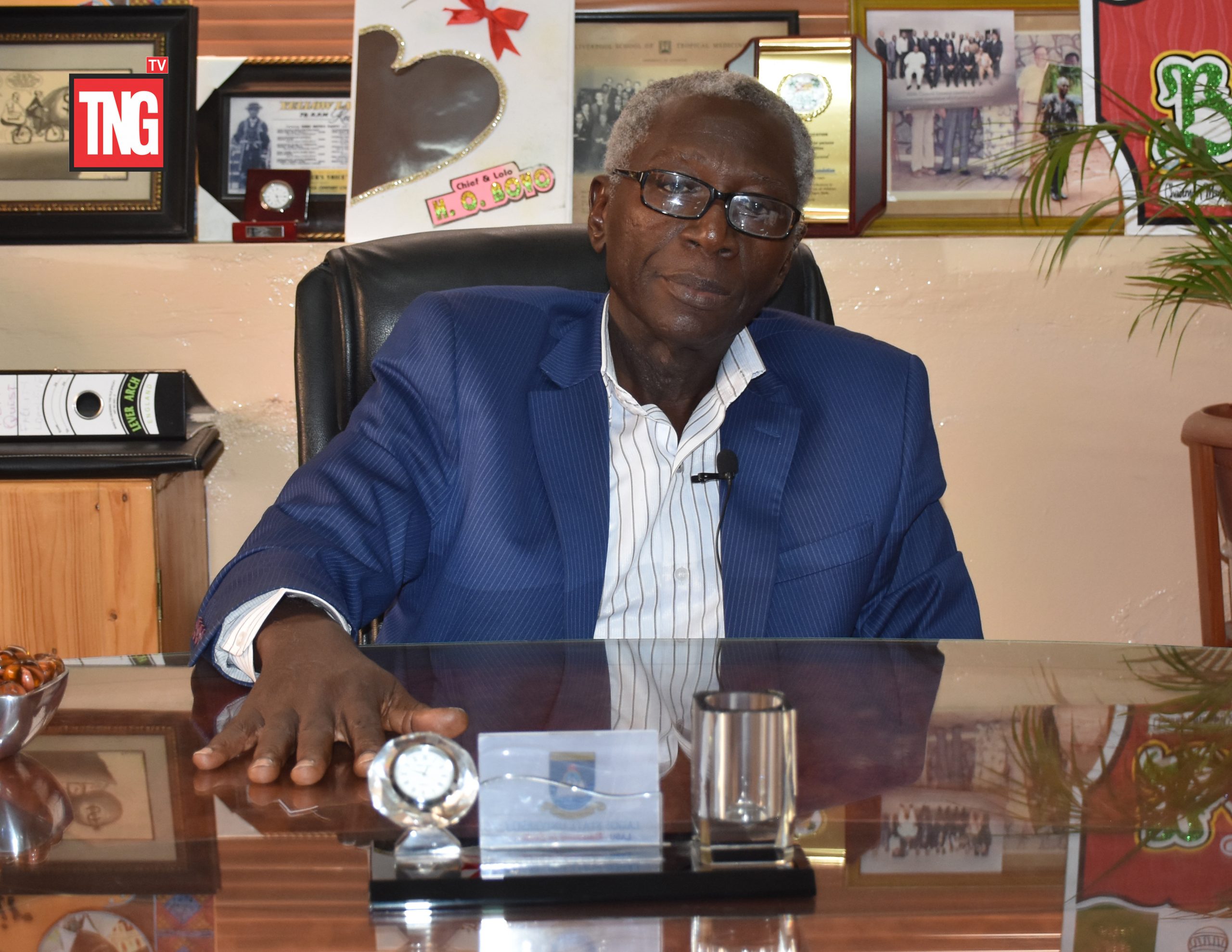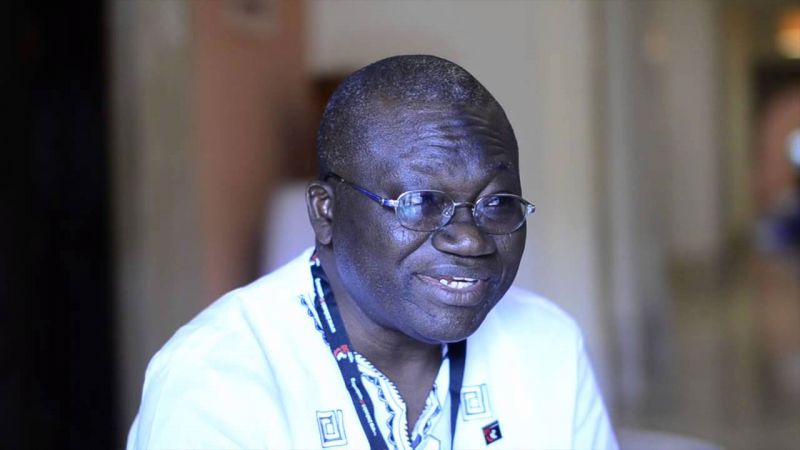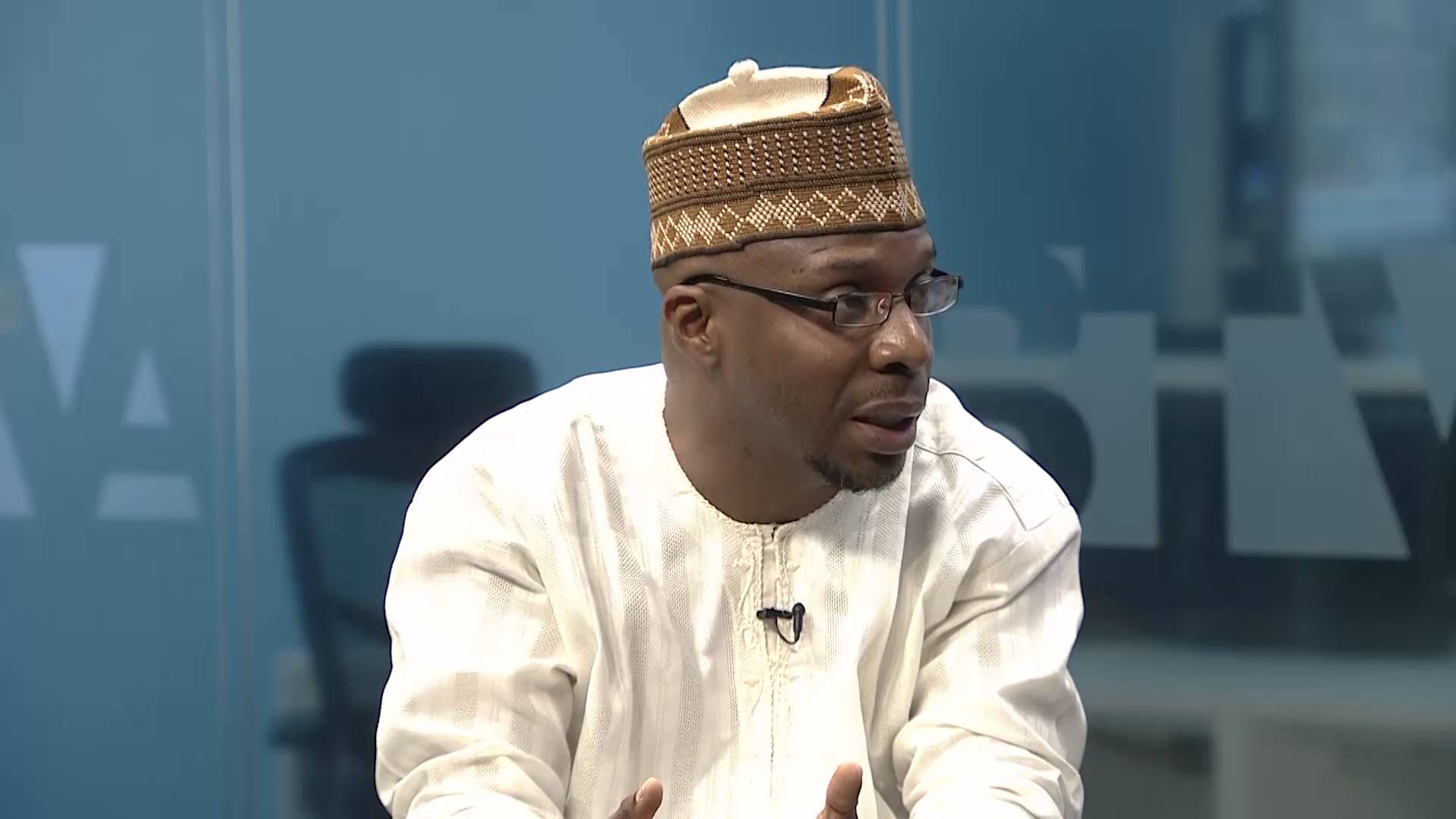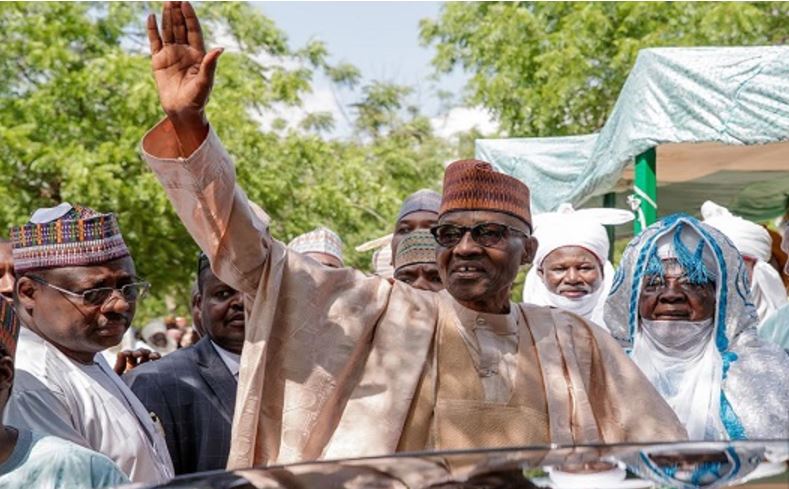By Henry Boyo
The ‘National Bureau of Statistics’ latest overview of National Productivity between April-June 2017, has revealed that, the steady decline in output of goods and services, which began in March 2016, has now been thankfully reversed by June 2017.
Indeed, total output of goods and services, in the preceding decade before 2016, generally recorded positive annual growth rates, between 3-6 percent. Thus, if 100 units of goods and services represent total national output, then gross domestic product consistently expanded with the addition of between 3-6 units to the base figure annually.
Unfortunately, however, the crash in crude oil prices, in recent years, significantly reduced export revenue and impacted negatively on consumer demand, and Nigeria’s capacity to produce. Consequently, by March 2016, for the first time in 25 years, gross production and output, invariably began to actually contract, rather than grow.
Ultimately, the negative growth recorded in 2 consecutive quarters, between January-June 2016, technically shoved Nigeria’s economy into recessionary growth mode, which unfortunately stubbornly prevailed, until the NBS survey for APRIL-JUNE 2017 recorded a 0.55 percent increase in Gross Domestic Product for that Quarter.
Although, it is reassuring that the hemorrhaging has reportedly stopped, but the empowered political class, will expectedly celebrate the seeming turnaround as ingenious economic management; nonetheless, President Buhari, rightly, reportedly, remains unimpressed with the recorded positive turnaround, until, according to him, such bland statistical rates, translate to food on the table and more jobs, with steadily improving social welfare for more Nigerians.
Equally, reports of the economy’s exit from negative growth, has also been received with a pinch of salt, by most public respondents. The question, on the lips of the man on the street, is often that of, “why cost of living still remains so oppressive, if truly, Nigeria’s economy is now recording positive growth?”
In reality, apart from the soft assurance that the economy may have turned the corner and begun a slow climb towards recovery, it would however, be simplistic to immediately expect a leap in positive impact on cost of living or social welfare, especially when, it required well over 12 months to erase just about 2 percent negative growth in output. Consequently, the reported reverse from negative growth, will not immediately return the economy from the technically adjusted, below $250bn present GDP to the more robust annual output level of over $400bn, before recession set in.
Instructively, nonetheless, even a rapid climb back to the earlier premium output growth rates of 5-6 percent, may regrettably, still not add much value to the welfare of Nigerians. Curiously, in retrospect, the prime growth rates of 5-6 percent, sadly, did not even make a dent on the rising level of unemployment in the country, at that time; furthermore, the critically destabilizing impact of prevailing double digit inflation rates, which increased cost of living and severely constrained consumer demand with deepening mass poverty, still, remains unresolved; worse still, cost of borrowing to the, otherwise still resilient, productive investors, inexplicably, also remained sticky around 20 percent, to spike and distort the level of investment risk, while also reducing the survival level for local businesses.
The obvious dilemma, therefore, must be why Nigerians did not benefit significantly from the earlier recorded robust growth rates, and why this objective of higher growth rates still remains an unqualified utopia, in the expectations of both government and its economic experts.
Arguably, the earlier records of higher growth rates of 5-6 percent were significantly boosted by bountiful foreign exchange from, exceptionally favourable, crude oil prices. Conversely also, the slide into negative growth, from 2016, is also largely attributed to collapse in oil prices and output and the related dwindling export revenue.
The latest NBS overview, however, suggests that the turnaround to positive growth in economic activity witnessed in Q2-2017 was partially driven by, marginal sectoral increases in sectors, such as Agriculture, Manufacturing, Construction, and the service industries. Nonetheless, the contribution from relatively stable oil prices around $50/barrel which rose by over 17 percent on the preceding quarters, still clearly remains the major fuel that has once again driven the economy, round the bend, on to the road to positive growth rates, but, regrettably uncertain inclusive economic growth!
Why do I say uncertain economic growth? Well, Nigerians will recall that the higher 3-6 percent growth rates reported pre-2015, notably, sadly failed, inexplicably, to deliver on inclusive economic growth, since the severe challenges of rising unemployment, high cost of living and deepening poverty persisted. However, the reason for this failure has always been evident and predictable. Instructively, increasingly bountiful export revenue from crude oil, has not produced any significant extensive value chain that includes and enriches the lives of more Nigerians.
In practice, the multi faceted sectors of every economy, even in those countries with modest natural resource endowment, are generally galvanized to create wealth, with increasing job opportunities, with the application of monetary instruments, by the respective Central Banks, with the complementary support of fiscal policies. In this manner, even countries like, South Korea, Switzerland, Singapore and Japan with very modest natural resource endowment have succeeded in building vibrant export economies. For example, in Japan cost of borrowing for investment in Agriculture is below 1 percent!
In the absence of best practice management of these monetary instruments, even stupendously resource rich nations, such as Nigeria, will invariably endlessly battle to make sense of the serious economic contradictions of the impact of inchoate government policies, which, inexplicably, precipitate poverty, rising unemployment and deep social anguish.
For example, INFLATION is not often recognized for what it is, but spiraling inflation is, invariably, not only clearly anti growth, but, infact, represents financial and economic terrorism, that is surely more oppressive and personal and is certainly more dangerous and pervasive (with no household spared from distortion and anguish) than the clearly terrifying, but relatively ‘constrained’ and largely localized, destructive impact, of either Boko Haram or Niger Delta militancy.
Inflation, at large, ultimately, destroys the value of all incomes, while its vicious impact also erodes and upturns basic social values and ultimately poses a serious threat to national security. Consequently, increasing productivity and output will also become a challenge, if everyone’s income commands less and less value, so that inflation significantly reduces consumer demand, to compel massive reduction in the output of goods and services as well as sustainable job opportunities.
Furthermore, since it is unrealistic for anyone to lend out money at a rate below inflation rate, spiraling inflation will, inevitably, also propel higher cost of borrowing in every economy, to make local production gradually less competitive. In other words, inflation will reduce consumer demand and output and also make it much more expensive for anyone who wishes to invest in production to borrow with higher interest rates, which oppressively exceed 20 percent. In recognition of the danger of irrepressible inflation, successful economies everywhere, maintain best practice inflation rates below 3 percent, while cost of funds also remain in lower single digit. Arguably, such positive indices will seamlessly drive Nigeria’s GDP well beyond 15 percent annually.
Similarly, since spiraling inflation is, invariably traceable to persisting excess liquidity of the domestic currency, the Naira exchange rate will equally suffer steady depreciation, if the same constitutional Custodian of the Naira, persists in AUCTIONS of rations of dollars, in a market that is admittedly, embarrassingly flush with excess Naira.
This reality was clearly amplified by the subsisting, relatively weak and almost static Naira exchange rate, even when, recorded GDP growth rates of 5-6 percent were fueled by over $140/barrel crude price and 2m+/barrel daily output.
In conclusion, therefore, a return to negative output growth rates, will remain very likely, so long as critical inclusive growth instigators, such as inflation remains in double digits, while borrowing for real sector production carries over 20 percent interest rate.
SAVE THE NAIRA! SAVE NIGERIANS!!




